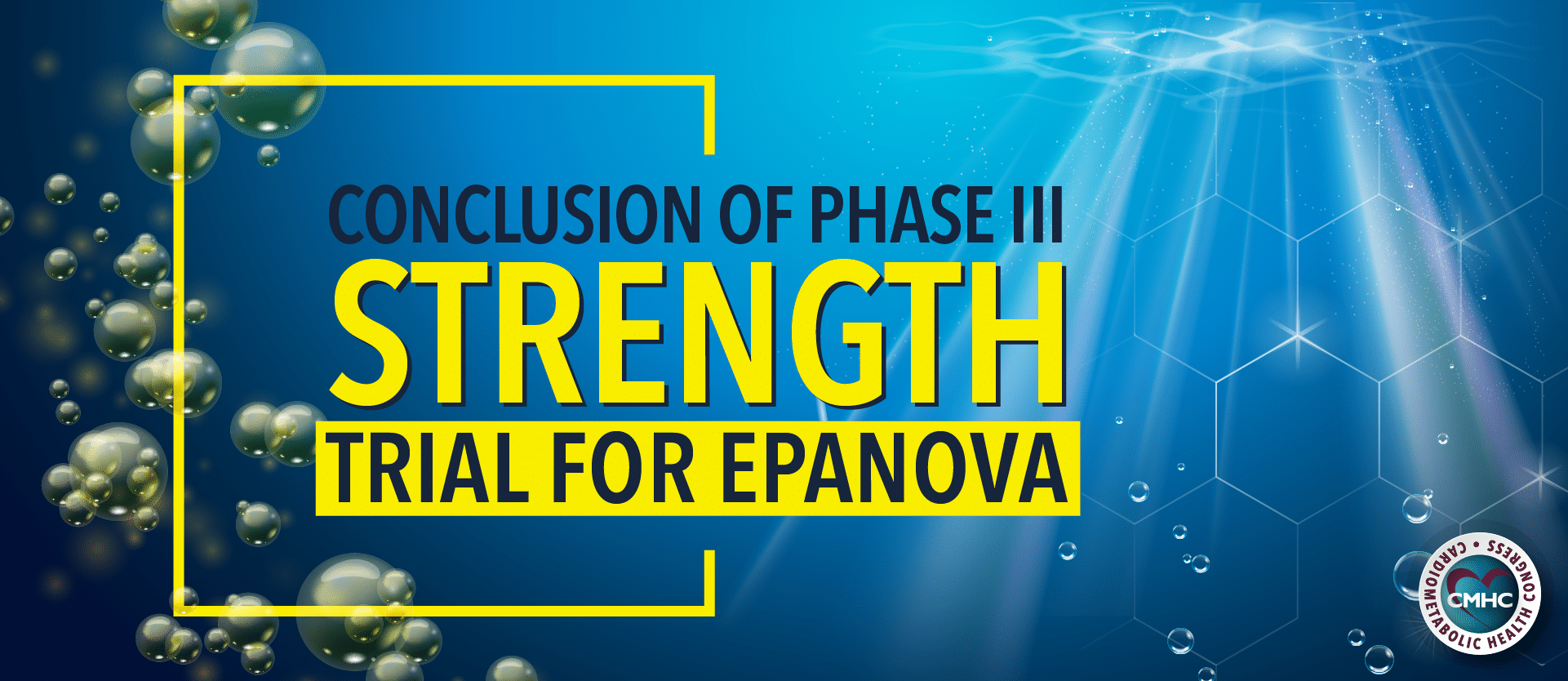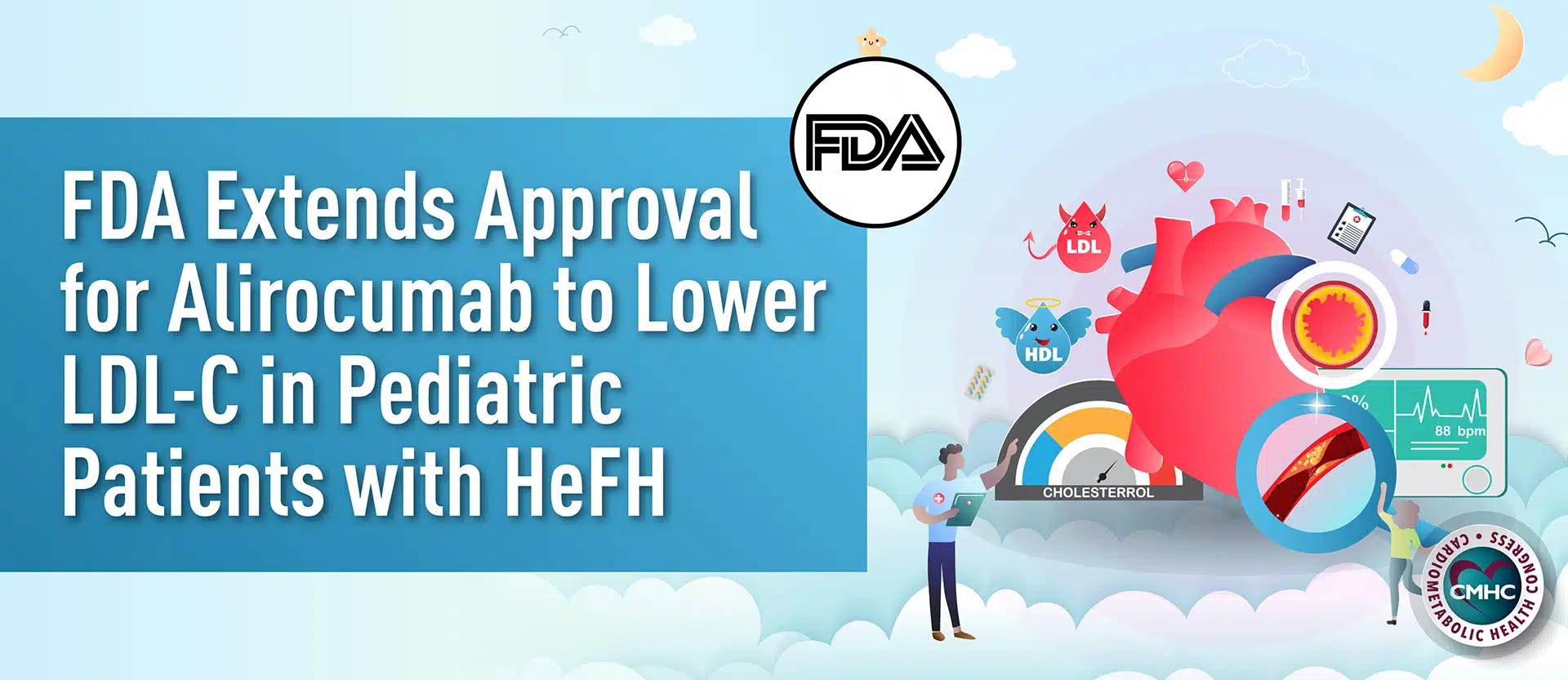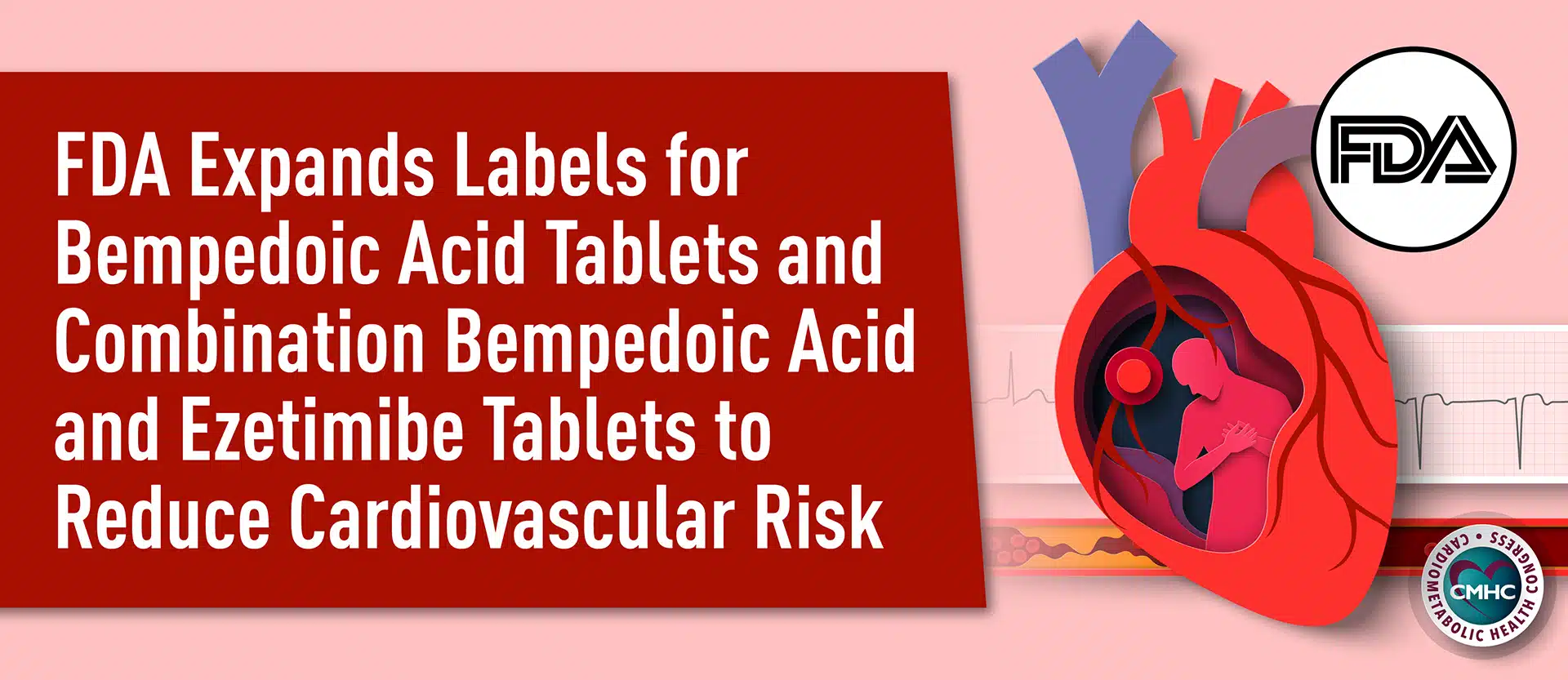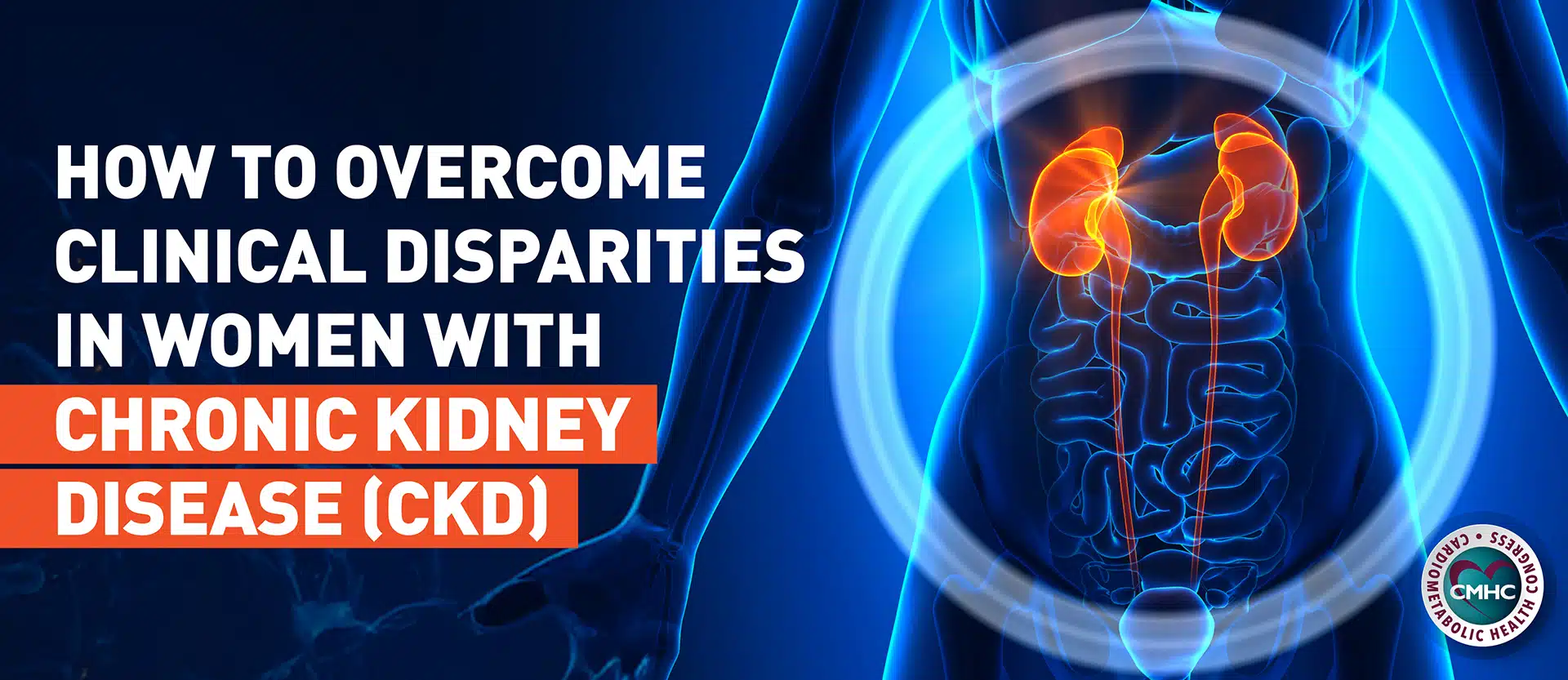Mixed dyslipidemia is characterized by elevated triglyceride levels – or moderate hypertriglyceridemia – between 175 and 499 mg/dL and low HDL cholesterol levels. Often worsened by diabetes and obesity, elevated triglyceride levels affect a growing number of patients, putting them at an increased risk of coronary heart disease events. Lifestyle changes and the treatment of underlying causes of MDL may at least partially improve the condition and reduce cardiovascular risk, however, in many cases lipid-modifying medications and statins are needed. Alternative options for lowering triglyceride levels include improving lifestyle and dietary patterns as well as the consumption of omega-3 oils.
Omega-3 Prescription Treatment
In search of more natural treatment options, pharmaceutical companies have been investigating the efficacy of prescription omega-3 oils and have found them successful in reducing triglyceride levels. Developed by AstraZeneca, Epanova – a drug comprised of omega-3-carboxylic acids, primarily composed of EPA and DHA – showed promise as a new, effective treatment option for patients. As the first FDA-approved prescription omega-3 drug, Epanova is indicated for use as an adjunct therapy to dietary interventions in adults with severe hypertriglyceridemia.
Earlier this week, data from an independent Data Monitoring Committee prompted AstraZeneca to close Phase III of their STRENGTH trial as a result of its “low likelihood to demonstrate a benefit” in patients with mixed dyslipidemia who are at an increased risk of cardiovascular disease. The STRENGTH trial is a large-scale, global CV outcomes trial aimed at evaluating the safety and efficacy of Epanova compared with a corn oil-based placebo – both in combination with standard-of-care statin medications – for patients with mixed dyslipidemia. A total of 13,086 participants from 675 sites in 22 countries were enrolled in the trial and ingested 4 grams of either Epanova or placebo daily.
The trial will be closing in an orderly fashion and full data will be presented at the forthcoming medical meeting, AstraZeneca reported in a press release.
Conclusion of the Trial
According to Steven E. Nissen MD, the study chair for the STRENGTH trial and chief academic officer for the Heart and Vascular Institute at the Cleveland Clinic, “The academic leadership of the STRENGTH trial is obviously disappointed in this result, but we are very proud to have had the opportunity to answer this important scientific question.”
While the findings of the STRENGTH trial did not prove positive, experts will continue their investigation of alternative treatment methods for cardiometabolic conditions. “It was important to assess the potential benefit of Epanova in mixed dyslipidemia,” said Mene Pangalos, executive vice president of BioPharmaceuticals R&D in a statement. ”We are disappointed by these results, but we remain committed to addressing the needs of patients in the cardiovascular space where we have an extensive pipeline.”
A review is currently being undertaken of the ongoing value of the $533 million Epanova intangible asset, however, the financial impact of AstraZeneca’s decision will likely lead to a write-down of up to $100 million to affect the fourth quarter of 2019. Although the medication did not prove efficacious in the case of patients with mixed dyslipidemia, Epanova remains a safe and successful modality for the reduction of triglyceride levels alongside dietary intervention among patients with severe hypertriglyceridemia.


















